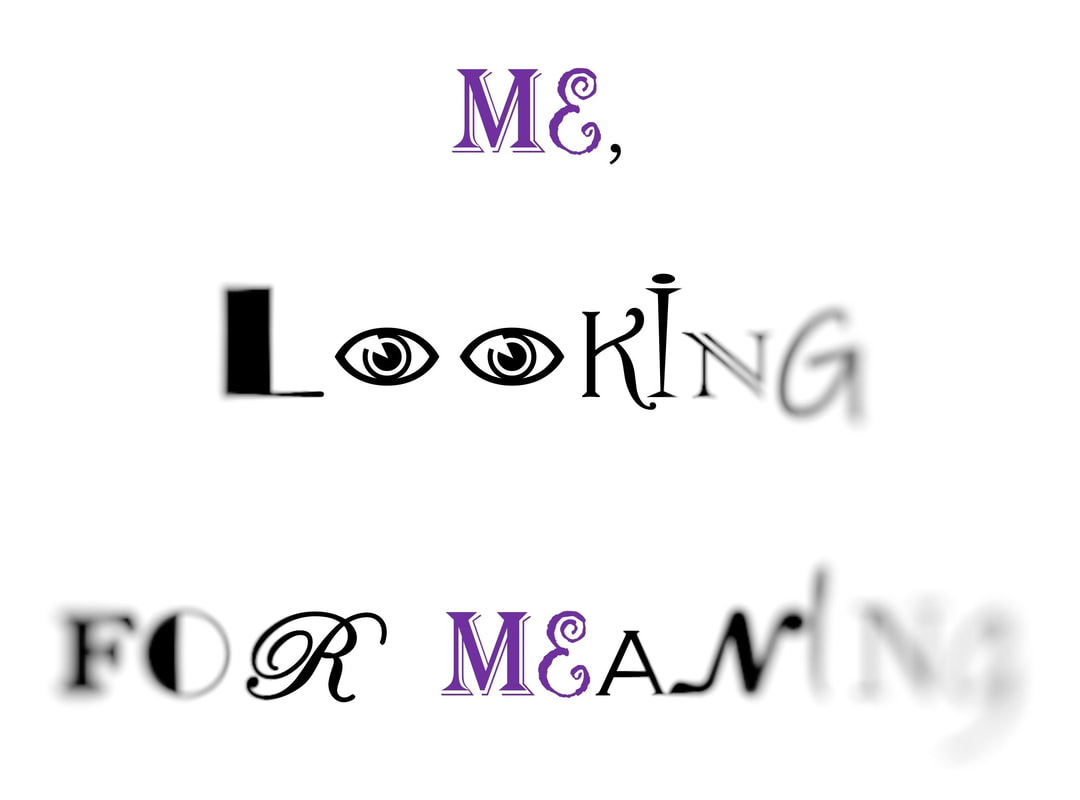The Importance of Forgetting about Your Purpose (Sometimes)
PAGE IN PROGRESS
What you see here is a page of my hypertext book Me, Looking for Meaning. Initially empty, it will slowly be filled with thoughts, notes, and quotes. One day, I will use them to write a coherent entry, similar to these completed pages. See this post to better understand my creative process. Thank you for your interest and patience! :)
What you see here is a page of my hypertext book Me, Looking for Meaning. Initially empty, it will slowly be filled with thoughts, notes, and quotes. One day, I will use them to write a coherent entry, similar to these completed pages. See this post to better understand my creative process. Thank you for your interest and patience! :)
Homo Sapiens is a creature full of paradoxes. One of these paradoxes is the co-existence of two conflicting needs.
1) We need to have a purpose in life. We need to feel that our activities and actions have a point.
2) We need to be able to let ourselves do seemingly meaningless things that do not correspond to our purpose.
These seemingly meaningless things are different for different people. For example, I know that sometimes I need to stop doing meaningful activities and just sit and stare at clouds, waves or leaves. I need to empty my mind from thoughts that are reasonably important and just be in the moment. This way of passing time may not seem very efficient for an outside observer. But I know that it's essential for my sanity.
Another way to forget about your purpose: play (not to win or to get into a better shape but just for fun). Lose ourselves in a fictional words (watch a film or read a book) - not to learn something, but just to enjoy.
Homo Ludens. Only humans do imaginative play. Discovery through imagination (imagination is impaired through trauma «the body keeps the score »), to discover things through play one often must not have a specific purpose. Purpose = known. Lack of purpose = unknown, which can lead to discovery of ideas practices that were previously not imagined)
I also know that I am not unique. Many things have been said and written about problems associated with the fast-paced culture of efficiency (the U.S. culture is a good example).
How to do nothing: https://medium.com/@the_jennitaur/how-to-do-nothing-57e100f59bbb
PAGE IN PROGRESS
About this project: Start page
1) We need to have a purpose in life. We need to feel that our activities and actions have a point.
2) We need to be able to let ourselves do seemingly meaningless things that do not correspond to our purpose.
These seemingly meaningless things are different for different people. For example, I know that sometimes I need to stop doing meaningful activities and just sit and stare at clouds, waves or leaves. I need to empty my mind from thoughts that are reasonably important and just be in the moment. This way of passing time may not seem very efficient for an outside observer. But I know that it's essential for my sanity.
Another way to forget about your purpose: play (not to win or to get into a better shape but just for fun). Lose ourselves in a fictional words (watch a film or read a book) - not to learn something, but just to enjoy.
Homo Ludens. Only humans do imaginative play. Discovery through imagination (imagination is impaired through trauma «the body keeps the score »), to discover things through play one often must not have a specific purpose. Purpose = known. Lack of purpose = unknown, which can lead to discovery of ideas practices that were previously not imagined)
I also know that I am not unique. Many things have been said and written about problems associated with the fast-paced culture of efficiency (the U.S. culture is a good example).
How to do nothing: https://medium.com/@the_jennitaur/how-to-do-nothing-57e100f59bbb
PAGE IN PROGRESS
About this project: Start page
